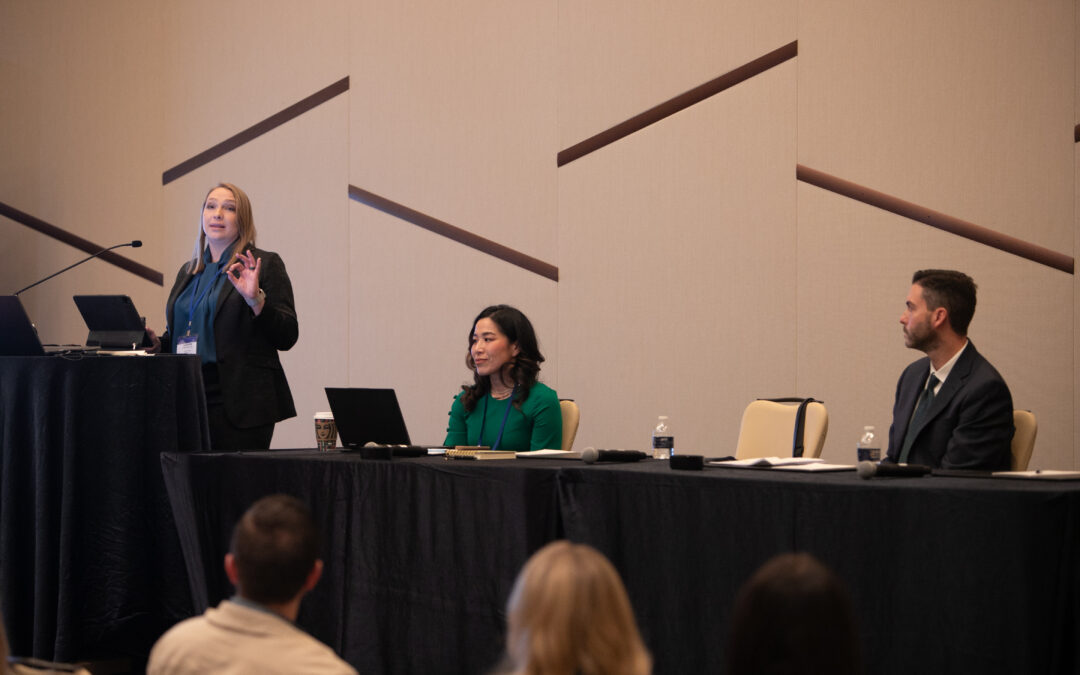Community associations need to tread carefully when it comes to security. Employing various security measures and creating a perception of security could make communities liable if a crime occurs.
For example, where a resident or member sees that the association has installed cameras or license plate readers or employed roving guards, the expectation naturally arises that the association is protecting the residents. Similarly, if a developer sells property pitching the community’s security measures, the association may be stuck with a duty to provide that security for years to come.
Furthermore, the association’s governing documents may confer a contractual obligation to provide security that goes beyond physically maintaining the common areas. The problem is that an association must do this work that is like governmental policing powers without any of the advantages of being a governmental entity, like funding, expertise, technology, and sovereign immunity. Associations simply do not have the resources to stop crime.
What should associations do to minimize liability? The topic was among many community association legal experts and insurance professionals discussed at CAI’s Community Association Law Seminar in Las Vegas in February. Attorneys Lauren DeVoe, Bill Gourley, and Maria Kao share the following advice:
Avoid creating unwanted duties. The installation of cameras creates a perception that the association is actively preventing crimes, yet unmonitored cameras don’t stop crime nor do monitored cameras when people take breaks.
Watch your language. Associations must be careful to avoid using language like “security gates,” “security cameras,” or “security guards.” The issue is the perception the terms create. Instead, associations should use more appropriate terms like “access gates,” “cameras,” “attendants,” and “concierges.” These terms are less likely to suggest that the association is providing security.
Take requests and feedback seriously. Associations must weigh aesthetic and privacy considerations with potential liability when a resident requests to install exterior lighting, cameras, or other measures. If the request is denied, and the resident subsequently becomes a victim of crime, the association could be held liable.
Educate owners and residents. If the association undertakes any measures that could be perceived as security features, such as the installation of cameras or license plate readers, written notice should be sent to all owners and residents explaining the purpose of the measures and warning them that the measures do not protect them from crime. Associations also should post signs to make it clear that cameras and license plate readers are not being actively monitored, if that is the case.
Maintain and repair common areas. It’s imperative that associations physically maintain and repair doors, gates, locks, and other features in the common area. Maintenance and repairs should be promptly initiated and diligently completed. If a feature is temporarily out of service, residents should be warned of the issue, and written logs should be kept memorializing the actions taken by the association.
Amend governing documents to add exculpatory clause. Perhaps the most important step that associations can take to avoid liability is to amend the covenants to add an exculpatory clause. This contractual provision would state that the association is not a security provider and that owners are responsible for their own security measures. The clause eliminates liability for future negligence and is generally enforceable in the absence of willful or wanton conduct.
Purchase insurance. Associations should invest in quality coverage, including commercial general liability and directors’ and officers’ policies. There is simply no alternative to the advice and assistance of a knowledgeable and experienced community association insurance professional.
>>Learn more about community security measures and how to evaluate risks and developing practical solutions.
Photo caption: L-R: Lauren DeVoe, Maria Kao, and Bill Gourley discuss community association security measures and liability during an education session at CAI’s Community Association Law Seminar in Las Vegas in February. Lauren DeVoe is a partner with Morris DeVoe in Utah, Bill Gourley is a partner with NowackHoward in Georgia, and Maria Kao is a partner with Briscoe Ivester & Bazel in California. Photo by Brian Adams.


